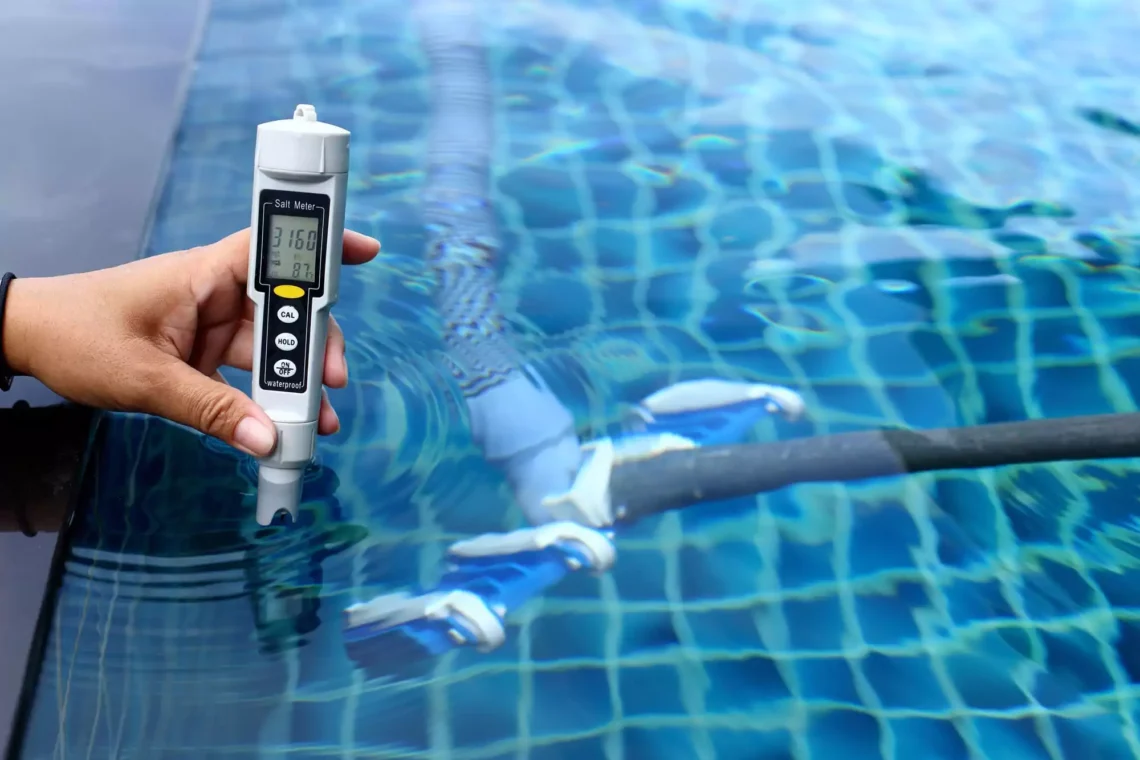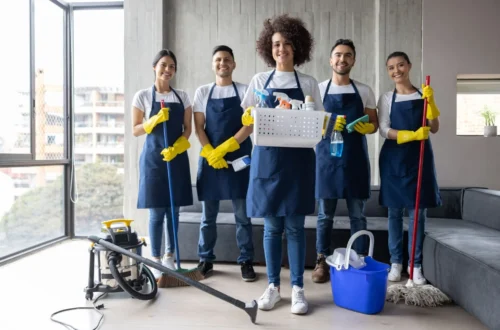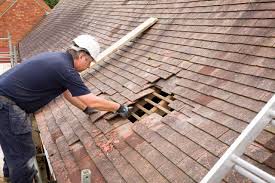When buying a home, many people focus on the basics—like the roof, plumbing, and electrical systems. However, if you’re purchasing a property with a pool, one crucial aspect often gets overlooked: the pool and spa inspection. Ensuring that your new home’s pool is safe and functional is essential, not just for your peace of mind but also for your future enjoyment.
Let’s delve into how a thorough pool and spa inspection can provide reassurance to buyers and prevent potential headaches down the line.
Understanding the Importance of a Pool Inspection
What is a Pool Inspection?
A pool and spa inspection is a detailed examination of the pool’s structure, systems, and safety features. Certified inspectors assess various components, including:
- Structural Integrity: Checking for cracks, leaks, and overall stability.
- Water Quality: Ensuring the water is balanced and safe for swimming.
- Safety Features: Evaluating the presence and condition of safety barriers, covers, and alarms.
- Mechanical Systems: Inspecting pumps, filters, and heaters to ensure they function correctly.
The goal is to identify any existing issues or potential problems that could arise after you move in.
Why Skipping a Pool Inspection is Risky
Many buyers might think, “The pool looks great; why do I need an inspection?” This mindset can lead to costly surprises. Even the most aesthetically pleasing pools can harbor hidden issues, from faulty electrical systems to structural problems. Skipping this crucial step may seem like a time-saver, but it can turn into a regretful decision.
The Benefits of a Pool Inspection
1. Identifying Hidden Issues
One of the primary benefits of a pool and spa inspection is uncovering hidden issues. A well-maintained pool can look perfect at first glance, but problems such as leaks or faulty equipment may not be immediately visible. An inspector has the training and experience to identify these potential issues, which can save you from unexpected repair costs down the line.
2. Safety Assurance
Safety is paramount, especially if you have children or pets. A pool and spa inspection evaluates safety features like fences, gates, and pool covers. Inspectors will check if these barriers are up to code and functioning correctly, ensuring that your pool area is safe for everyone. If safety concerns are identified, you can address them before moving in.
3. Understanding Maintenance Needs
Pools require ongoing maintenance, and each type of pool has its unique care requirements. During the inspection, the inspector will provide insight into what maintenance is necessary to keep your pool in top condition. This information allows you to budget effectively and plan for future maintenance costs, helping you avoid unpleasant surprises.
4. Negotiation Leverage
Finding issues during a pool and spa inspection can provide you with leverage in negotiations. If significant repairs are needed, you can discuss these findings with the seller to negotiate repairs before closing or even request a price reduction to account for the cost of necessary work. This leverage can lead to a better deal for you, the buyer.
Key Areas Covered in a Pool Inspection
1. Pool Structure and Surfaces
Inspectors start by examining the overall structure of the pool, including walls, floors, and steps. They look for cracks, surface deterioration, and signs of wear and tear. Any visible issues might indicate more significant problems that could require substantial repairs.
2. Water Quality and Chemistry
The quality of the water is vital for safe swimming. Inspectors will test for proper chemical balance, including pH levels and chlorine concentration. They will also check for clarity, ensuring that the water is clean and free of harmful bacteria or contaminants. If the water quality isn’t up to par, you’ll want to address this before using the pool.
3. Mechanical and Electrical Systems
The mechanical systems of the pool, including pumps, filters, and heaters, are inspected for functionality and efficiency. Inspectors will also assess the electrical systems related to the pool, ensuring that all components are safe and up to code. Faulty electrical systems can pose serious risks, making this part of the inspection critical.
4. Safety Features
Safety features are a crucial part of any pool inspection. Inspectors evaluate the presence of safety barriers, like fences and gates, and check that they meet local regulations. They also assess the effectiveness of pool covers and alarms, ensuring that you have adequate protection in place.
Common Issues Found During Inspections
1. Structural Problems
Cracks or structural issues can lead to significant water loss and ongoing maintenance problems. These issues may be costly to repair, making it essential to address them before finalizing the purchase.
2. Mechanical Failures
Old or malfunctioning pumps, filters, or heaters can lead to expensive replacements. A thorough inspection can identify these issues early, allowing you to negotiate repairs or plan for future costs.
3. Poor Water Quality
Chemical imbalances can lead to unsafe swimming conditions. Inspectors can provide recommendations for addressing these issues, ensuring that the pool is safe for you and your family.
4. Inadequate Safety Features
Lack of proper barriers and safety equipment can lead to accidents, especially in homes with children. Identifying these deficiencies during the inspection allows you to make the necessary adjustments for safety.
The Inspection Process: What to Expect
1. Choosing an Inspector
Selecting a qualified inspector is crucial. Look for someone who specializes in pool and spa inspection and has the necessary certifications. You can often find inspectors through recommendations or online reviews. Ensure they have a solid reputation and experience in your local area.
2. Scheduling the Inspection
Once you’ve chosen an inspector, schedule a time for them to visit the property. It’s beneficial to be present during the inspection, as this allows you to ask questions and gain valuable insights.
3. The Inspection Day
During the inspection, the inspector will conduct a thorough examination of the pool and its components. Expect them to take notes and possibly photos to document their findings. After the inspection, they will provide you with a detailed report outlining any issues discovered.
4. Understanding the Report
The inspection report will cover all aspects of the pool and may include recommendations for repairs or maintenance. Take your time to review the report, and don’t hesitate to reach out to the inspector with any questions. This document is your key to understanding the condition of your new pool.
Preparing for Pool Ownership
1. Regular Maintenance
Owning a pool comes with responsibilities. Regular maintenance is essential to keep your pool in good condition. This includes routine cleaning, chemical balancing, and equipment checks. Your inspector can provide a maintenance checklist to help you stay on track.
2. Emergency Preparedness
Accidents can happen, so it’s essential to be prepared. Consider investing in safety equipment like lifesaving floats, pool alarms, and first-aid kits. These measures enhance safety and provide peace of mind for you and your loved ones.
3. Budgeting for Repairs
Even with proper maintenance, pools will occasionally need repairs. Budget for potential future repairs or upgrades, as this will help you manage costs effectively and ensure that your pool remains enjoyable for years to come.
Conclusion
Investing in a pool and spa inspection is a vital step for any buyer considering a property with a pool. This process provides peace of mind by ensuring that your investment is safe and sound. Identifying potential issues before they become significant problems can save you time, money, and stress.
By understanding the importance of pool inspections, you empower yourself as a buyer, making informed decisions that lead to long-term satisfaction with your new home. So, whether you’re diving into pool ownership for the first time or upgrading your current setup, make sure to prioritize the inspection process for a worry-free swimming experience.





